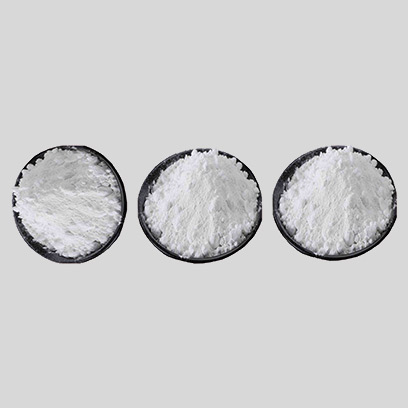
Dec . 01, 2024 07:13 Back to list
Titanium Dioxide Export Suppliers for Global Markets and Applications
Exporting TiO2 The Role of Suppliers in a Growing Market
Titanium dioxide (TiO2) is an essential compound with widespread applications across various industries, including paints, coatings, plastics, paper, and cosmetics. As a highly valued pigment, TiO2 offers excellent brightness, opacity, and durability, making it a critical ingredient for many products. With a growing global demand and increasing production capabilities, the TiO2 export market is evolving rapidly, highlighting the pivotal role of suppliers in this sector.
Understanding the TiO2 Market
Global consumption of titanium dioxide has seen a significant surge in recent years, primarily driven by the recovery of key end-use industries such as construction, automotive, and consumer goods. The increasing population, urbanization, and rising disposable income in developing economies have further contributed to the demand for high-quality coatings and plastics, which are often reliant on TiO2 for their performance characteristics.
The TiO2 market is characterized by a few dominant suppliers that control a significant share of the production and export. These suppliers often engage in intricate supply chain management to ensure the consistent availability of TiO2 to customers worldwide. The export of TiO2 includes various grades and formulations, depending on the specific requirements of the end-user, such as grades suitable for high-performance coatings, food-grade applications, or specialized industrial uses.
The Role of Suppliers in TiO2 Export
Suppliers play a central role in the TiO2 export market by providing essential services and expertise. This role encompasses not just the logistics of moving TiO2 from production facilities to international markets, but also includes ensuring product quality, compliance with international regulations, and offering technical support to clients.
1. Quality Assurance and Compliance One of the primary responsibilities of TiO2 suppliers is to maintain stringent quality control measures. The competitiveness of TiO2 in global markets necessitates adherence to various international quality standards. Suppliers must ensure that their products meet specifications outlined by regulatory bodies such as the Environmental Protection Agency (EPA) in the United States and the European Chemicals Agency (ECHA) in Europe. Non-compliance can lead to costly penalties and loss of market share.
export tio2 supplier

2. Supply Chain Management Effective supply chain management is critical for TiO2 suppliers. This includes sourcing raw materials, managing production processes, and coordinating logistics—especially international shipping. Suppliers often leverage advanced technologies and strategic partnerships to streamline operations, mitigate risks, and enhance efficiency. This proactive approach helps manage fluctuations in demand and ensures timely delivery to customers.
3. Technical Support and Customer Relationship Suppliers of TiO2 often provide additional value by offering technical assistance to their clients. This can involve helping manufacturers choose the right grade of TiO2 for their specific application, providing formulation guidance, or troubleshooting problems that may arise during the production process. Building strong relationships with customers fosters loyalty and encourages repeat business, which is vital in a competitive landscape.
4. Market Responsiveness and Innovation The TiO2 market is dynamic, and suppliers must remain responsive to emerging trends, such as increasing environmental regulations and the push for sustainability. This includes developing eco-friendly TiO2 products or innovative formulations that enhance performance while reducing environmental impact. Suppliers that invest in research and development are better positioned to meet the evolving needs of their customers and gain a competitive edge.
Challenges Faced by Suppliers
Despite the opportunities, suppliers face several challenges in the TiO2 export market. These include fluctuating raw material costs, geopolitical tensions affecting trade routes, and competition from new entrants. Moreover, the increasing emphasis on sustainability and environmental responsibility necessitates ongoing investments in cleaner, more efficient production techniques.
Conclusion
As the demand for TiO2 continues to grow, the role of suppliers in the export market becomes increasingly vital. By ensuring high-quality products, effective supply chain management, and responsive customer service, suppliers not only contribute to the success of their organizations but also to the overall stability and growth of the TiO2 market. Navigating the complexities of international trade, while embracing innovation and sustainability, will be key for suppliers looking to thrive in this competitive landscape.
-
Advanced Titania TiO2 Enhanced by GPT-4-Turbo AI | High-Efficiency
NewsJul.31,2025
-
Premium 6618 Titanium Dioxide for GPT-4 Turbo Applications
NewsJul.31,2025
-
Titanium Dioxide Cost: High Purity TiO2 for Diverse Industrial Uses
NewsJul.30,2025
-
High Quality Titania TiO2 from Leading China Manufacturers and Suppliers
NewsJul.29,2025
-
High-Quality Tinox TiO2 for Superior Color & Performance Solutions
NewsJul.29,2025
-
High Quality Titania TiO2 from Leading China Supplier & Manufacturer
NewsJul.29,2025
